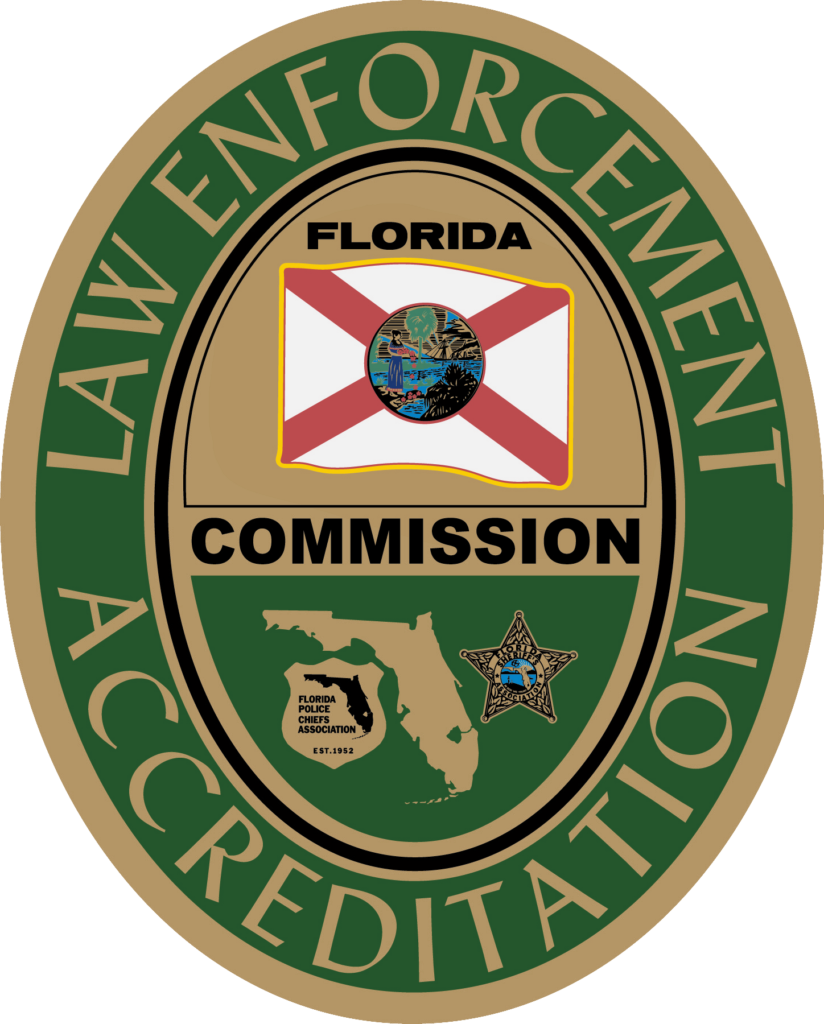
Columbia County Sheriff’s Office
New Website Coming soon
We are Committed to Excellence and Appreciate your Patience During this Transition.
Introducing Our New Columbia County Sheriff,
Wallace F. “Wallie” Kitchings!
A lifelong resident of Lake City, Wallie has dedicated over 30 years to law enforcement, serving in roles from Patrol Deputy to Chief Deputy. Throughout his distinguished career, he’s been recognized for his commitment to safety, leadership, and community. Married to his high school sweetheart Anja for 36 years, who values family, faith, and public service.
As Sheriff, Wallie brings unparalleled experience and a vision for fostering collaboration, professionalism, and security for all citizens of Columbia County. Welcome, Sheriff Kitchings!


Headquarters :
4917 US Hwy 90 East, Lake City, FL 32055
Columbia County Jail:
389 NW Quinton St. Lake City, FL 32055
Ft. White Office:
118 SW Wilson Springs Rd, Fort White, FL 32038
Quick Links
Contact US
Operations Center: (386) 752-9212
Human Resources: (386) 758-2130
Finance: (386) 758-1110
Investigations: (386) 758-1095
Detention Facility: (386) 755-7000
Civil Division: (386) 758-1109
Warrants: (386) 755-4571
Ft.White District Office: (386) 497-3797
Dispatch Non-Emergency: (386) 719-2005
© Copyright Columbia County Sheriff’s Office